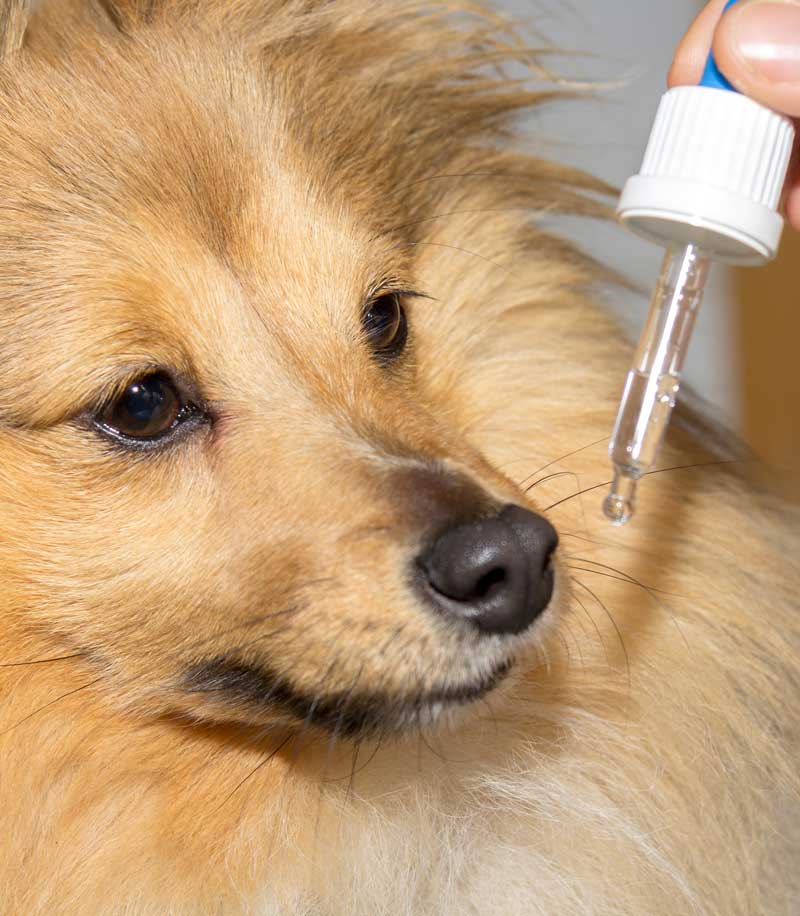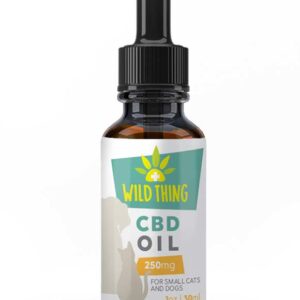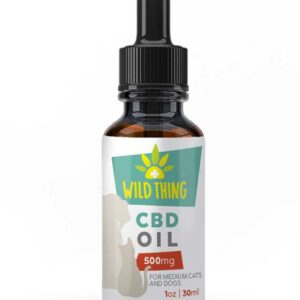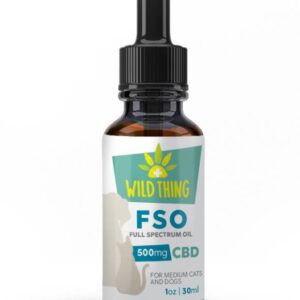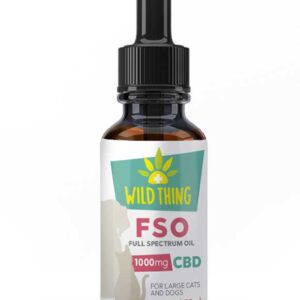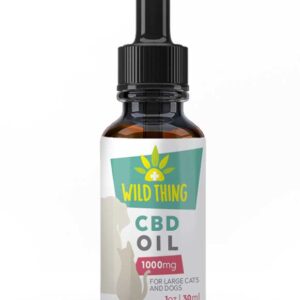The snow has melted and your dog is loving the backyard again, but wait, something isn’t right, why is he scratching so much? Just like people, dogs can also suffer from allergic reactions.
Allergic reactions in dogs can appear as swelling around the eyes or mouth, also scratching or pawing at their face. Some allergic reactions appear immediately and others can take up to 48 hours to show symptoms. The reactions could be mild or extreme and sometimes life threatening.
Ailment Guides:
canine allergies
types of canine allergies?
For the most part, allergic reactions in your dog are no need to panic. There are many treatments for allergic reactions in dogs and knowing the type of reaction your dog is having will help you make the right choice. For severe reactions you should contact your veterinarian immediately.
Reaction to environmental allergies:
The most common allergic reactions in dogs. Allergens in the air may cause a dog to sneeze and paw at its eyes. Swelling may also occur, sometimes from a bee sting or small spider bite. Also look for redness and swelling on the paws along with constant scratching of the ears and pretty much anywhere.
Anaphylactic reaction:
A scary and sometimes fatal reaction. Often a reaction to something they ate or medication causing vomiting, making it hard to breath and increasing the heart rate.
What causes Allergic Reactions in Dogs?
An allergic reaction is just a dogs immune system overreacting to a foreign substance. Environmental factors are the most common cause of allergic reactions in dogs, for example pollen and dust at the dog park.
Dog’s can also have allergic reactions to vaccinations, however, symptoms can take between 24-48 hours to show. It’s not uncommon for dogs to have sore muscles and be a little bit lethargic after vaccinations, but you know your dog best and should monitor their behavior closely.
Allergic reactions to medication can also occur with dogs and should be taken very seriously. If your dog is having trouble breathing or is constantly vomiting, take them to a veterinarian immediately. Allergic reactions to medication can sometimes affect major organs and can be life threatening.
symptoms of allergies:
Allergic reactions in dogs appear in many different ways. When exposed to allergens in the yard they may have some swelling on the face, specifically around the eyes. Also, keep an eye out for redness on the skin and paws and areas that are warm to the touch. Similar to people, dogs will also tend to itch and scratch when reacting to an allergen and may even develop hives. Be sure to keep an eye on how your dog is acting also. They may be more restless than usual or maybe the opposite, more lethargic than usual.
Some more extreme signs include:
- Trouble breathing
- They collapse
- Low Blood Pressure
- Abnormal heart beat
- Mild fever
- Vomiting
These extreme symptoms should be taken seriously and a visit to your veterinarian may be in order.
Learn More:
Wild Thing Pets Update On Covid 19 Note To Our Valued Customers
Cat Dandruff Symptoms Remedies And Treatments
How To Train A Pitbull
Why CBD can be an effective treatment & preventative canine allergies
CBD – or Cannabidiol – can be an effective immune system support.
Cannabidiol (CBD) can be very beneficial for maintaining your dog’s immune system, cardiovascular system and overall vitality. CBD helps to lessen the effects of lethargy, gastrointestinal issues and reduces anxiety, aggression and stress-related disorders.
Think of CBD as a supplement that can reduce the severity and frequency of most – if not all – of your dog’s allergy symptoms. It can be ingested, under the tongue, or applied topically to the affected areas. One of the most beneficial components of CBD is that it does not irritate the skin or cause any hallucinogenic effects. When introduced topically, CBD can soothe irritation, inflammation and reduce pain associated with dermatitis.
Cannabidiol is a phytocannabinoid that has been shown to have a prominent effect on numerous ailments – including epilepsy, arthritis and cancer. Remedies containing CBD achieve this by interacting with your dog’s endocannabinoid system. Almost all animals, like people, have an endocannabinoid system; this network of neurotransmitters is integral to physiological processes like memory, mood, pain, stress and appetite.
This complex biosystem is very prevalent in dogs in comparison to other species. Canines have a high concentration of CB1 & CB2 receptors in their brainstem. CB1 receptors affect the brain, lungs, vascular system and muscles, gastrointestinal function; whereas, CB2 receptors are linked to bones, skin spleen and glial cells. In combination, CB1-CB2 collaborate in influencing the overall immune system, liver, kidneys, bone marrow, pancreas and brainstem.
CBD can help your dog by producing anti-inflammatory, anti-anxiety, antipsychotic, antispasmodic and analgesic effects indirectly – that is, CBD interacts with your dog’s ECS (Endocannabinoid System) opposite to THC which directly binds to the Cannabinoid Receptors of the body. This does two things: makes the positive remedial properties more bioavailable to your dog; and lessens or negates the psychoactive effects, such as those associated with THC ingestion.
As you can see by the scope of ailments that are affected by CBD, it is clear how introducing CBD into your dog’s routine can help to keep their allergies at bay.
Ailment Guides:
Health Risks For Obese Cats
Staph Infections In Dogs
Canine Parvovirus



